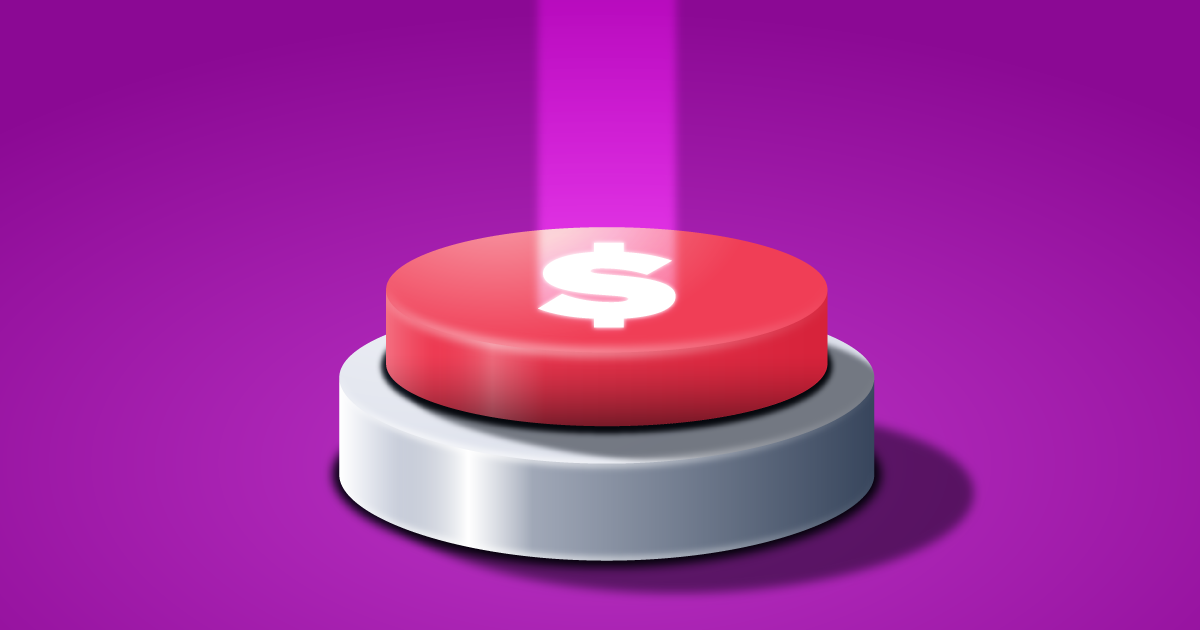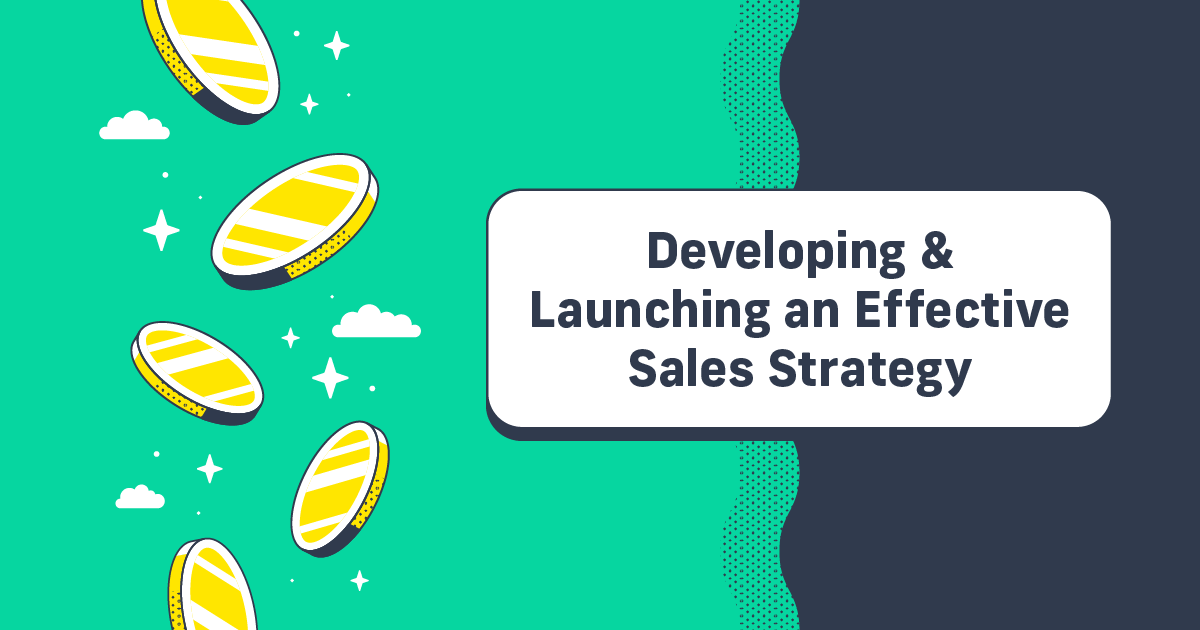How to Start a Bookselling Business
If you’re an independent creator, you know how important it is to offer products on your website. Giving your fans and followers an easy way to support you ensures you’ll earn enough to keep creating. That’s the primary reason you should consider starting a bookselling business.
It’s easy for me to say you should turn your content into a business. Actually taking that step and starting a business to sell your books (or whatever you create) takes time, funding, and lots of work.
How To Start a Business
Starting a business requires an idea, funding to get you started, and some paperwork to keep everything legal. To make the task manageable, you can break down starting your business into the following steps:
- Research The Marketplace
- Write a Business Plan
- Estimate And Plan Your Funding
- Determine Your Business Structure
- Complete All Licenses and Permits
- Create Your Products and Test Your Vendors
- Market Your Brand
#1 Research the Marketplace
Whether you’re writing high-fantasy for ravenous readers or a technical manual for fellow creators, a book is a perfect product for your business.
Start by researching the market—find other books similar to your own. Look for businesses including similar ideas or content and see what is working for them. Use market research tools to understand what people search for online:
- AHREFs – Loaded with free research tools, Ahrefs lets you explore keywords and content searchers like. Use this information to plan your own website.
- Moz – For more advanced Search Engine Optimization research, Moz will help you define the words you need to use when creating your business site.
- SparkToro – Explore what other kinds of sites and content your fans are enjoying. SparkToro provides the insight you can’t get from any other research tools.
#2 Write a Business Plan
Your business plan should answer a few important questions about your small business:
- What will you sell?
- How will you sell it?
- What are your sales goals?
- How will you reach those goals?
Your plan can be simple—you might directly answer those questions with only a minimum of specifics. These are called ‘lean business plans.’ But if you can, add as much detail as possible to create a more traditional business plan.
The Small Business Association has some great templates to help you draft your business plan.
#3 Estimate and Plan Your Funding
It costs money to start a bookstore and grow your business. That’s just a fact. You should plan early so you know how much you can afford to spend, how much you can expect to earn from book sales, and what your required services will cost.
How much would it cost to start a bookstore? There’s no one answer, but you can control the revenue amount per book (because you know the printing and fulfillment costs). And startup costs like book editing and design, as well as the cost for ecommerce and web hosting, are all (relatively) fixed.
HubSpot offers free budgeting templates; they look intimidating when you first open them, but the details about costs and expenses are worth noting and tracking.
#4 Determine Your Business Structure
‘Structure’ can mean a few things here. First, think about how you’ll present your business. Will it be through a website, through retailers, or maybe only on social media channels? You’ll almost certainly need a website, even if you focus on selling elsewhere. What pages will your site include?
Next, think about staffing. If you’re a content creator, you might not have any employees (yet). But you’ll still need to employ professionals. Like book editors, graphic designers, and website developers. Along with filling any gaps in your own expertise with freelancers, you’ll need a variety of software and services to manage your site, provide ecommerce options, and print your books for customers.
Finally, you’ll need to legally define your business to ensure the proper taxes are collected. In fact, getting the paperwork right is important enough to warrant its own section.
#5 Complete All Licenses and Permits
Opening a bookstore, even an online one, will require some paperwork. The first thing to do is define your business structure. The IRS provides information about the most common types for small businesses.
You’ll also need to create an Employer Identification Number if your business matches any of the criteria.
With your structure established and EIN ready, you can review tax requirements and prepare any necessary documents.
Based on your location, there may be additional laws or regulations. Take some time to review the IRS’s checklist and speak to your accountant and tax preparer.
#6 Create Your Products and Test Your Vendors
If you’re going to start a bookselling business you need books to sell! Obviously, you need to finish the book. After that, there’s editing, revising, layout, and creating a cover.
Once the book is designed, you’ll need to upload it to Lulu and connect it to your website using your preferred ecommerce platform. Then—and this is true for any product you create—please order a proof copy. This gives you a chance to review your book and Lulu’s production and shipping times.
With your product ready, your business is officially up and running!
#7 Market Your Brand
With your business started, you’ve got the arduous next step: book marketing. As a creator, you know that the process never truly ends. But at the start, when you’re just getting your business going, you should focus on marketing your brand. You need to develop a strong brand to create enough fans who trust you and want what you create to sustain your content business.
True fans will be the core of your business, but through continuous marketing efforts and new products, you’ll constantly be attracting new readers too.
Growing Your Independent Bookstore
Starting your bookselling business takes time and content, but once you’ve got your site running and books selling, the real work begins. Fortunately, you’ve got more tools than any author before you to create, publish, advertise, and sell your work.




